By Linette Harriott
April/May 2013
This post has been moved from its original location at PeerSpirit.com and archived here, so you can continue to access it.
This month's Circle Tale was written by our Australian friend and colleague, Linette Harriott.
"I have worked as a coach/counsellor/trainer educator/manager for 28 years in welfare services, particularly with young people, in the areas of sexual assault and family violence. I love my work at Synergistiq, which includes designing and hosting training and facilitation of large and small groups in our core areas of education, aboriginal and Torres Strait Islanders, health and wellbeing, social inclusion, family violence, and sexual assault. Synergistiq's aim is to nurture systemic improvement in these areas, and I love using circle to make this happen."
At a recent meeting of senior education professionals, I was reminded of the power of a good check-in to set the tone of the meeting. We had gathered for a day-long workshop to complete partnership documents and to record the story of the partnership between institutions so far.
To begin, I asked them to tell a story that describes their passion for education. When I ask people to “tell a story that describes their passion for...” in a professional environment, it often takes a few minutes for participants to gather their thoughts, so I offered to begin, and told a personal story of the early years of my education in a small, (23 children) one teacher, rural school.
I started school a year early to increase the enrollment in the district, so the school did not have to close due to low numbers. I had the same teacher for seven years. It was sheer luck that he and I got on, and I did well at the school and loved learning. The age difference certainly affected my schooling in later years because I was always a year younger than my peers.
My siblings were not so lucky: the teacher didn’t get on with any of them and all three came out of primary school having low levels of literacy and numeracy.
I told the group “my passion comes from a belief that my family’s sample of one in four is just unacceptable, and luck is not a basis for an education system!”
We went around the group and participants told their stories: small schools, starting school a year early, and the one teacher who “got” them...
As the last story was told, a hush descended on the room. The realisation that all six participants had started school a year early, and had felt the impact of this early start ripple throughout our lives, was palpable.
The value of a check-in at the beginning of a meeting is to ensure participants are present in the room and attending to the content of this meeting and not distracted by the last meeting they attended, or their emails, etc.
After this check-in, I can guarantee participants were checked in and very present to the topic at hand: improving educational outcomes for every child in their respective institutions.
Their passionate engagement over a long day, in the meeting’s agenda, made my facilitation task a breeze. I highly recommend the power of a good check-in!

